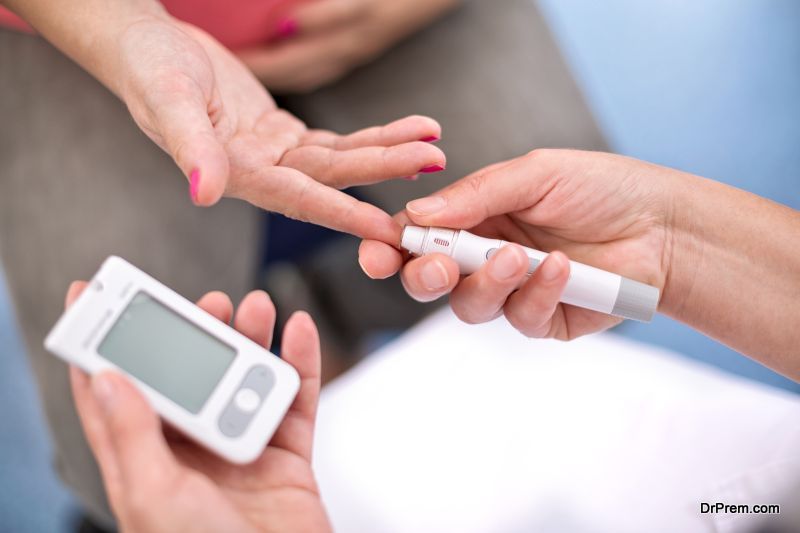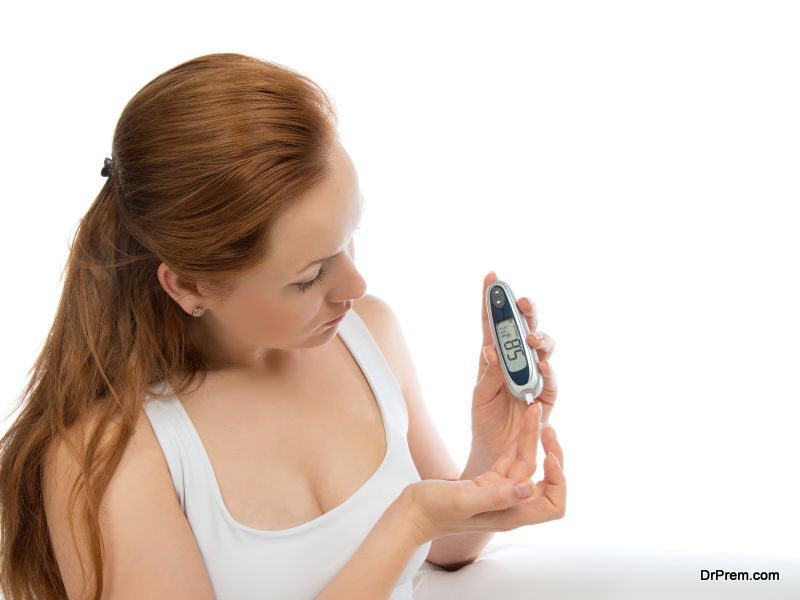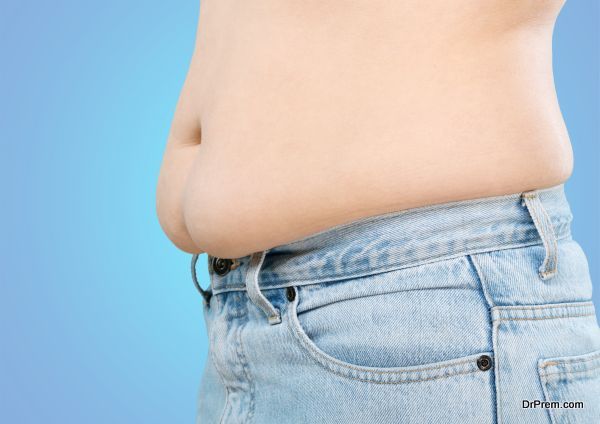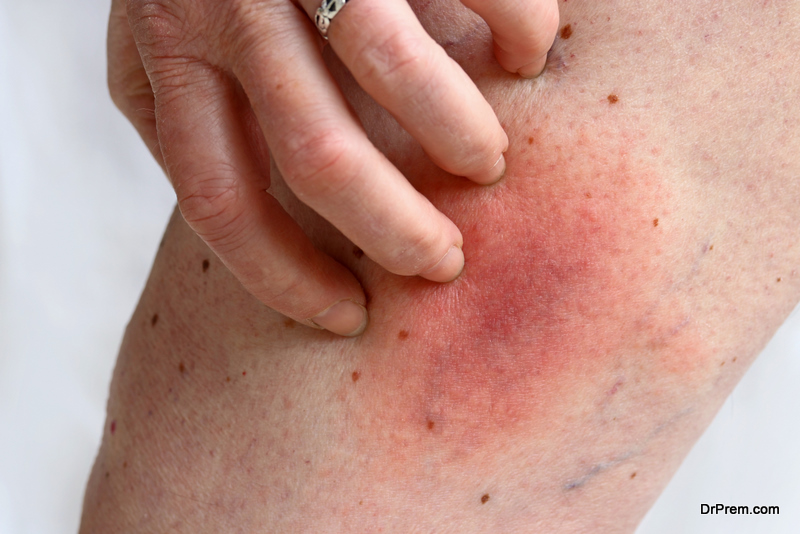Finally, the scientists are showing promising results to reverse Type 2 diabetes. This certainly brings in cheers for the diabetics subjected to lifetime medication and struggling to manage this chronic ailment through various ways.
These new treatments may bring in a paradigm shift in treatment approach from controlling diabetes to complete cure. Though Type 2 diabetes is mostly linked with the genetic factor, however, poor diet, obesity, and sedentary lifestyle can cause diabetes even in those without any genetic linkage.
If you are one among those finding it hard to check the shooting blood sugar levels, the following treatment plans would be of immense significance.
Researchers of University of California discovered a new drug aimed at a permanent cure:
Drugs administered to treat diabetes can only manage to control diabetes but cannot cure. Diabetes is caused when the pancreas is either unable to produce adequate insulin or the body cells simply do not react to the insulin leading to a situation called insulin resistance.
The team assessed that a specific enzyme, known as low molecular weight protein tyrosine phosphate (LMPTP) present in the liver is responsible for developing this insulin resistance. Their idea was to develop a drug that would hinder the activity of LMPTP and increase insulin sensitivity of the body cells.
The clinical trial of the drug on mice produced satisfactory results without causing any side effect. It seems finally the researchers have found a solution which may cure millions.
Reversing diabetes in just 4 months:
Lifestyle management is again the winner in controlling this health menace. Limiting calorie intake and workout are two prime medications prescribed to manage diabetes, but they never assure the reversal of diabetes. A trial conducted by Canadian researchers in McMaster University, Ontario proved that these two factors improved insulin production in 40% of the patients.
The patients included in the trial limited their calorie intake 500-750 calories per day and each of them went through a personalized workout regime. Medications and insulin intake continued as usual. A nurse and a dietician continuously tracked the progress of this treatment plan.
Just after 4 months, 40% of the patients under trial were able to maintain a normal blood sugar level even after discontinuing the medication. The underlying reason is presumed to be allowing enough rest to the pancreas.
The motivational level of the patients increase if they get the message that diabetes is curable. They get more inclined to make lifestyle changes, which would automatically rest the pancreas and lower fat accumulation in the liver leading to better and effective insulin secretion.
3 – Rule treatment plan to cure diabetes:
The plan is simple. It can be easily carried out with your medications. In order to adjust your dose, you can maintain coordination with doctors.
Rule 1: Stop snacking between meals:
Even if you find it difficult to do this, try healthy fat as snack. Having one avocado would be a good choice that would keep you full. If the time gap between the meals is too large, you can have a cup of tea or coffee with cream, but not with sugar or any sweetener.
Rule 2: Cut down your meal times and maintain at least 12 hours of gap between the dinner and breakfast:
In any case, you should not have more than 3 feeding times. The duration of your meal has lots to do in increasing your insulin resistance. Concentrate on the portion size and do not extend your eating duration.
Rule 3: Additional tips to fight obesity and diabetes:
You may also apply a combination of these tips.
- Gulp a tablespoon of apple cider vinegar before every meal. This reduces the blood sugar by 30%.
- Stay away from sweets for at least a couple of months
- Increase your workout schedule.
- You can skip breakfast but you need to increase fat, protein and vegetable intake in your lunch and dinner.
- Try longer periods of fasting. You can drink only water. Consult your physician while opting for this.








